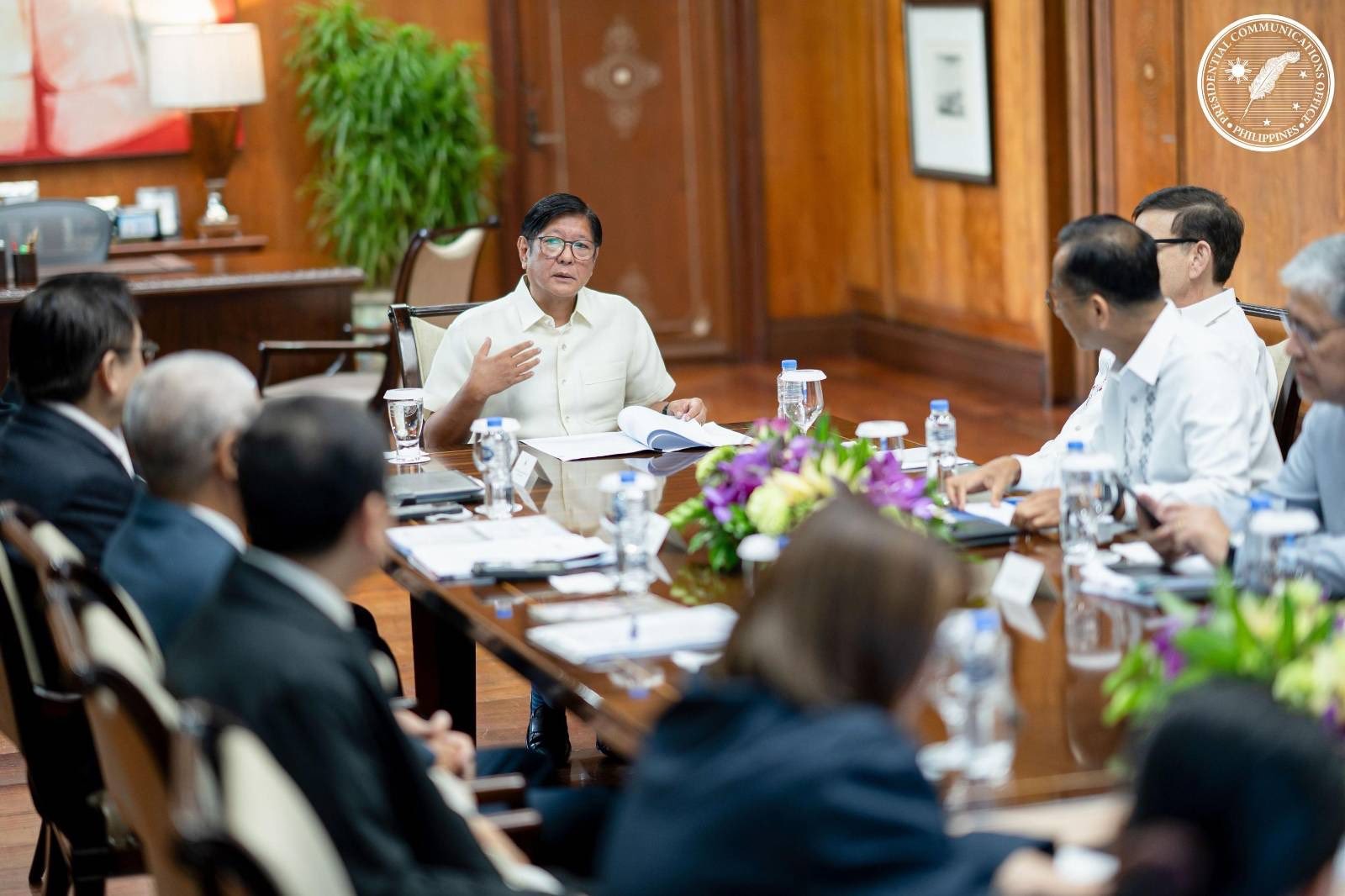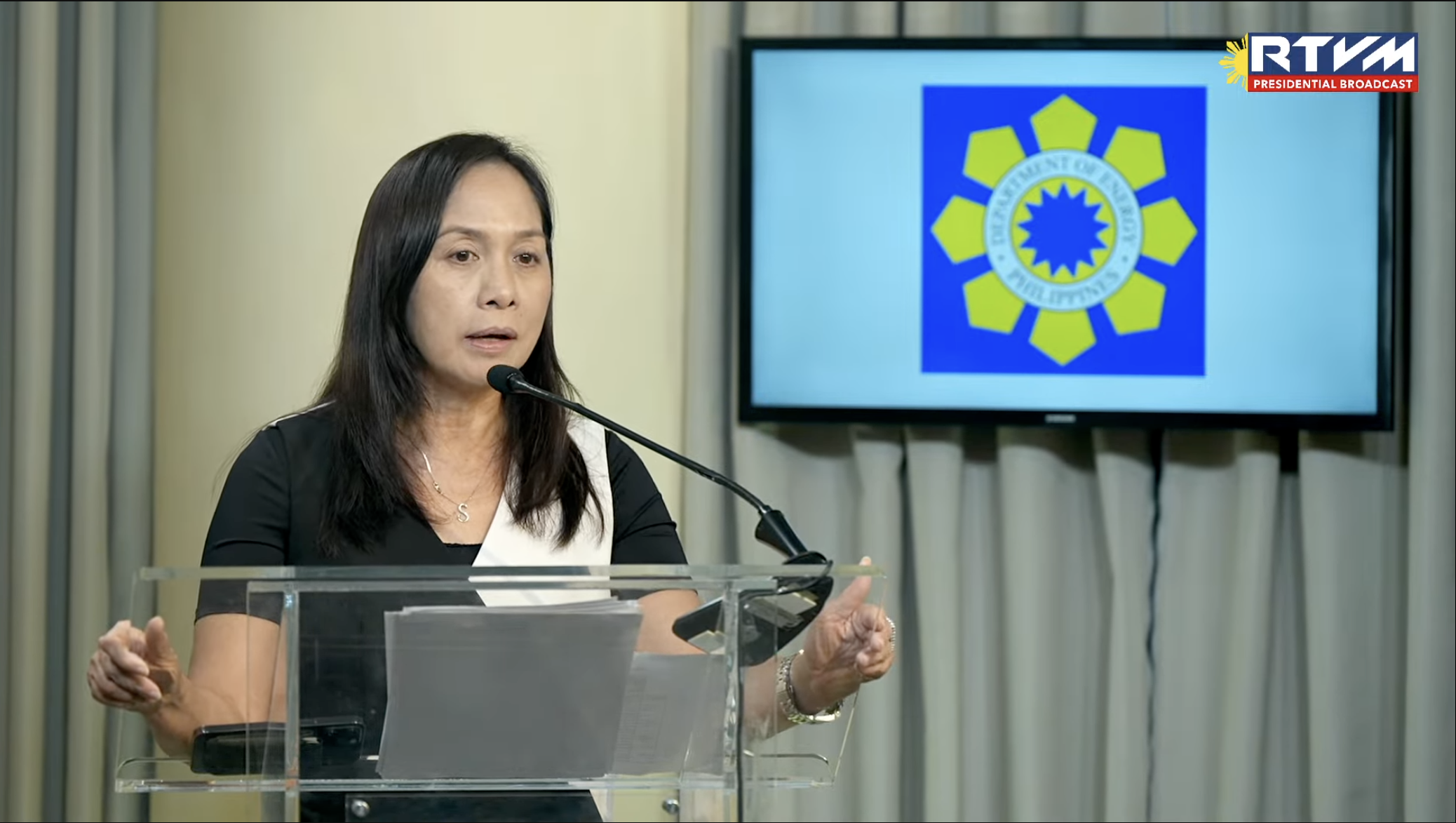
By Darryl John Esguerra | Philippine News Agency
The Philippine government is expediting efforts to roll out fuel subsidies to shield public utility drivers (PUVs), farmers, and fisherfolk from the impact of soaring fuel prices amid rising tensions in the Middle East.
Department of Energy (DOE) Officer-in-Charge Sharon Garin said Tuesday the government is coordinating with relevant agencies to finalize the distribution of the subsidy programs.
This comes after President Ferdinand R. Marcos Jr. met with his economic team to assess the potential effect of the Iran-Israel conflict on local fuel supply and prices.
“We also have an ongoing meeting with DOTr (Department of Transportation), DA (Department of Agriculture), and LTFRB (Land Transportation Franchising and Regulatory Board) to make sure that whatever happens, whether it happens, if it happens, we are ready to distribute the subsidies to our PUV drivers, operators, our farmers and fisherfolk,” Garin said in a press briefing in Malacañang.
Garin said a total of P2.5 billion has been earmarked for PUV drivers and operators, while P600 million is allocated for farmers and fisherfolk.
However, she clarified that the final amount each beneficiary will receive is still being determined.
“Wala pang definite na amount… but the individual distribution, it depends siguro kung sino ang makakatanggap at ilan ang makakatanggap,” Garin explained.

The DOTr has already completed the identification of beneficiaries and is preparing to release the funds as soon as it receives the go-signal.
“As pronounced by DOTr, they are ready to disburse anytime that the signal is given to them,” she added.
Asked if the release could happen within the week, Garin deferred to DOTr and D.A., noting that coordination with banks and logistical arrangements are still being finalized.
On the broader impact of the Middle East crisis, Garin said the Marcos administration is looking at a range of scenarios—including a worst-case situation in which the Strait of Hormuz, a key global oil shipping route, is blocked.
“If it gets cut off, then that’s not only bad news for the Philippines but the whole world actually,” she said.
Despite ongoing uncertainty, Garin said the President’s primary concern remains the well-being of ordinary Filipinos.
Oil companies have announced fuel price hikes of up to P5.20 per liter this week, citing rising global prices influenced by the worsening conflict and the United States’ growing involvement.
The DOE earlier negotiated with oil firms to stagger the price hikes over two tranches this week to lessen the burden on consumers.
The Middle East remains a key source of oil for the Philippines, making any geopolitical instability in the region a critical threat to domestic energy security and economic stability.
